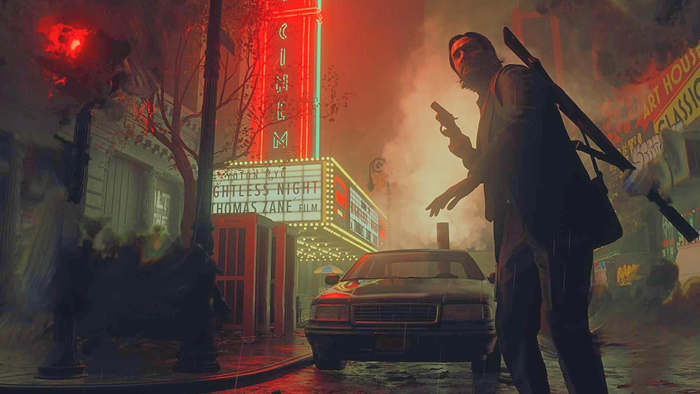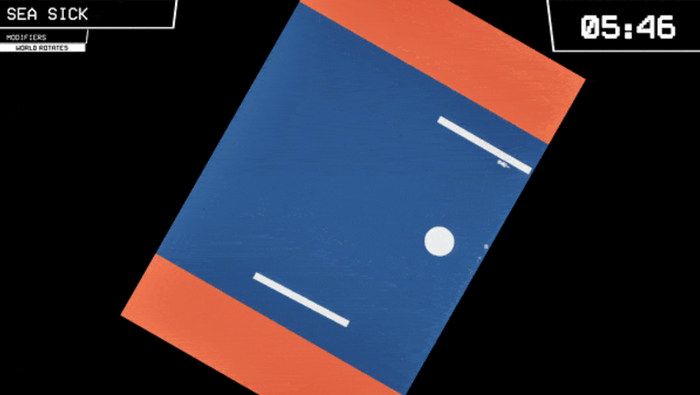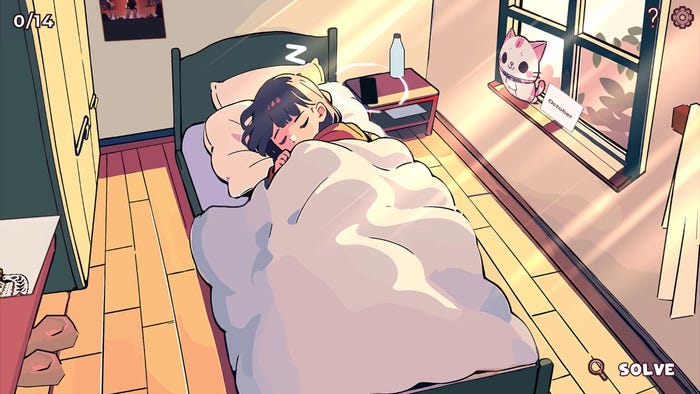How a Game Store in China is Selling and Renting Unlicensed Games and Consoles, Backed by the Biggest Gaming Corporation in the World
Backed by Tencent and iDreamSky, this gaming store in China has games and consoles for sale, and renting! The odd thing is, most of what's available in this store is not officially licensed to be commercialized in China. Let's take a tour inside...

Article originally published on LinkedIn. Daniel Camilo is a business developer for Chinese game publisher APPTUTTi, based in Shenzhen, China. Also, consultant on the gaming industry and the Chinese market in particular.

Recently when exploring a new shopping mall near my place in Shenzhen, I was surprised to find a physical store that not only sold and rented console games, but also had fully equipped themed lounge rooms for people to rent and play games for a while. This would be all well and mostly unremarkable, except that most of the content being commercialized in this store is unlicensed in China. Plus, the store is is operated by iDreamsky, which is backed by Tencent!
There Are No Gaming Stores In China?
A bit of context first. When you think of a videogame store, you probably picture in your mind the likes of GameStop, Game, or the gaming section from Walmart, fnac, MediaMarkt, or whatever other outlets are represented in your region. In these stores we can usually find games, consoles and accessories, at least. Stores such as those simply do not exist in China*. Yes, there are plenty of “grey market” stores in most medium-sized to big cities in the country (usually in their respective “electronics street(s)”), but those are almost always in more obscure neighborhoods and malls, and not in the kind of shopping malls where you’d find stuff like Starbucks, Mcdonald’s and GAP.
Below, a typical grey market gaming store in China. This one in Shenzhen:
Gaming Store in China from DanielCamilo36
The reason why more legit stores don’t exist is very simple: most games released in physical form around the world never get a (required) publishing license for release in China, and their sale is therefore technically illegal.
The aforementioned “grey market” stores, which handle most of their business online anyway, fill in the gap left in the market. They mostly sell imported games (from Hong-Kong, Japan, but also PAL regions and the US), and consumers in China can pretty much find any game they want as soon as they are released, in these stores. But again, I want to emphasize, most of their sales are made online (like, 99.9% kind of “most”).
The Store That Defies Expectations
Taking into account all that I just explained, imagine my surprise when I encountered this store, in an upper-end shopping mall, filled with imported PS4, Switch and Xbox One games. Costumers can both buy games on-site, or pay for a monthly membership and rent games. Groups of friends can also rent a themed room to play together for a while, or cozy up inside the store floor in one of the many available playing stations. For those interested in new-gen consoles, the store also has a pre-order service available to get a PS5, at least. The PS5 is not yet licensed to be commercially available in China, and all machines found in the country are imported, and therefore, not really allowed.
The most surprising aspect however, was the branding. This store is backed by iDreamsky, which is a major gaming publisher in China and part of the Tencent conglomerate (biggest gaming corporation in the planet, also Chinese). So how can these companies be so explicitly and openly associated with a store that is essentially providing contraband? The short answer: because China. The right answer: I don’t have it. My answer: well, it’s complicated.
Full disclosure, I am not an expert on Chinese law and regulations. I’m writing this solely from the perspective of an observer. What I can say however is that Chinese laws and regulations do have a tendency to be vague and open to interpretation at places, and riddled with exploitable loopholes (mostly due to their vagueness). I’m oversimplifying and generalizing here of course, but I’m confident to say that even a seasoned Chinese lawyer would agree with my generalization. Besides, the enforcement of certain laws in the country is sometimes...selective, even seasonal and/or arbitrary. There’s a lot happening in China at all moments that is technically illegal, but either because it doesn’t particularly disturbs the general “social harmony” of the country, or it doesn’t impact big money, it gets a pass. And even when it impacts “big money and business”, it usually takes an invested interest from people high up in the governing Party (or at least with strong enough connections) for action to be taken.
Below, more pictures from inside the store and some of the themed rooms. Notice the imported games available:
Gaming store China in Shenzhen from DanielCamilo36
It’s important to understand that most common people in China have no idea about the intricacies of national regulations when it comes to game publishing in the country. I would even go as far as to claim that, generally speaking, the average Chinese citizen is very oblivious to a lot of what is and isn’t allowed in China (but that would be the topic of an entire different and bigger piece). Most people walking by and noticing this store wouldn’t probably think much of it at all. It is however a good physical representation of many of the apparent contradictions and juxtapositions one can find in the gaming market in China. One that I’m not trying to fully expose or explain in this piece. Here, I’m simply showing this store in particular...
*Actually, I’ve seen at least a couple of stores before that could be identified as more traditional and legitimate gaming stores in upper-end malls. But in all cases I remember, those stores had a very small amount of games, also sold a few other products (electronics) and never remained open for more than a few months.
Read more about:
BlogsAbout the Author(s)
You May Also Like













